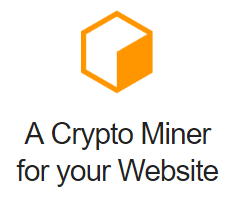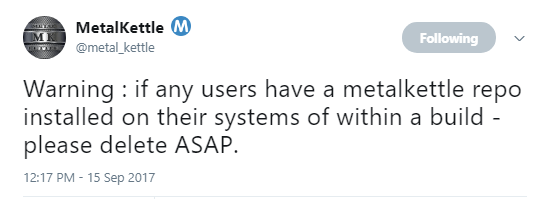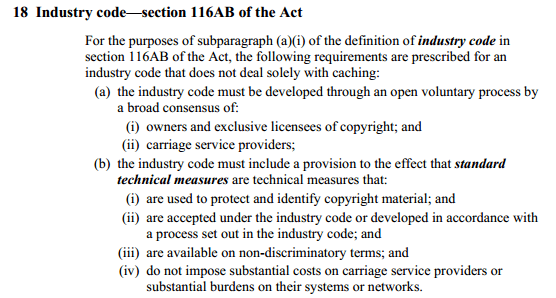The Pirate Bay Website Runs a Cryptocurrency Miner (Updated)
samedi 16 septembre 2017 à 12:06 Four years ago many popular torrent sites added an option to donate via Bitcoin. The Pirate Bay was one of the first to jump on board and still lists its address on the website.
Four years ago many popular torrent sites added an option to donate via Bitcoin. The Pirate Bay was one of the first to jump on board and still lists its address on the website.
While there’s nothing wrong with using Bitcoin as a donation tool, adding a Javascript cryptocurrency miner to a site is of a totally different order.
A few hours ago many Pirate Bay users began noticing that their CPU usage increased dramatically when they browsed certain Pirate Bay pages. Upon closer inspection, this spike appears to have been caused by a Bitcoin miner embedded on the site.
The code in question is tucked away in the site’s footer and uses a miner provided by Coinhive. This service offers site owners the option to convert the CPU power of users into Monero coins.

The miner does indeed appear to increase CPU usage quite a bit. It is throttled at different rates (we’ve seen both 0.6 and 0.8) but the increase in resources is immediately noticeable.
The miner is not enabled site-wide. When we checked, it appeared in the search results and category listings, but not on the homepage or individual torrent pages.
There has been no official comment from the site operators on the issue (update, see below), but many users have complained about it. In the official site forums, TPB supermoderator Sid is clearly not in agreement with the site’s latest addition.
“That really is serious, so hopefully we can get some action on it quickly. And perhaps get some attention for the uploading and commenting bugs while they’re at it,” Sid writes.
Like many others, he also points out that blocking or disabling Javascript can stop the automatic mining. This can be done via browser settings or through script blocker addons such as NoScript and ScriptBlock. Alternatively, people can block the miner URL with an ad-blocker.
Whether the miner is a new and permanent tool, or perhaps triggered by an advertiser, is unknown at the point. When we hear more this article will be updated accordingly.
Update: We were told that the miner is being tested for a short period (~24 hours) as a new way to generate revenue. This could eventually replace the ads on the site. More info may be revealed later.
Source: TF, for the latest info on copyright, file-sharing, torrent sites and ANONYMOUS VPN services.
 Dutch anti-piracy outfit BREIN has been very active in recent years, targeting uploaders on various sharing sites and services.
Dutch anti-piracy outfit BREIN has been very active in recent years, targeting uploaders on various sharing sites and services.


 Australia has been struggling to find an adequate response to online piracy for several years, but progress has been slow.
Australia has been struggling to find an adequate response to online piracy for several years, but progress has been slow. 